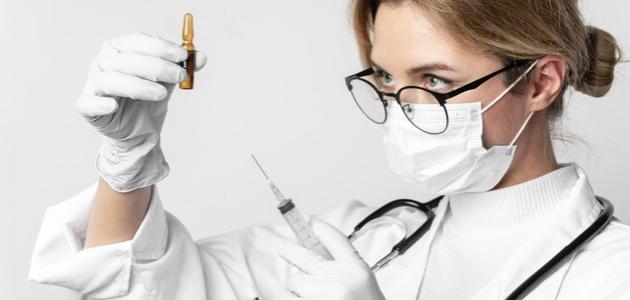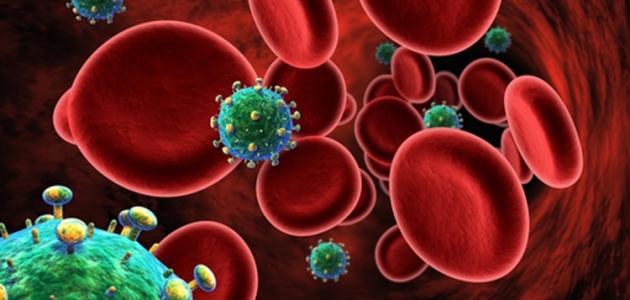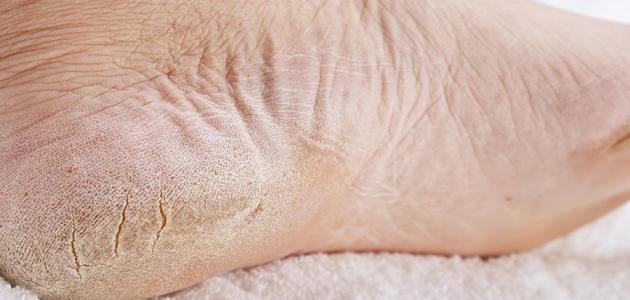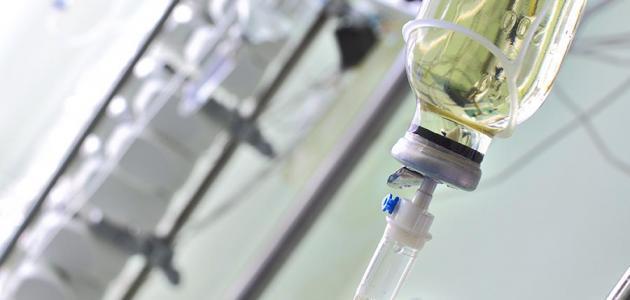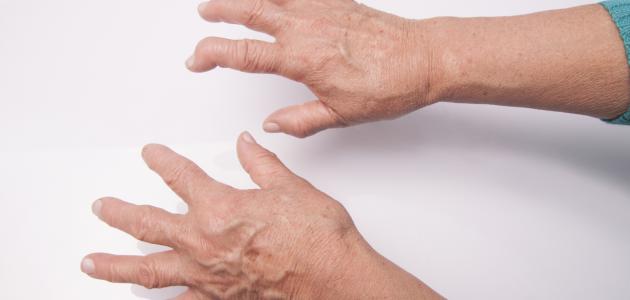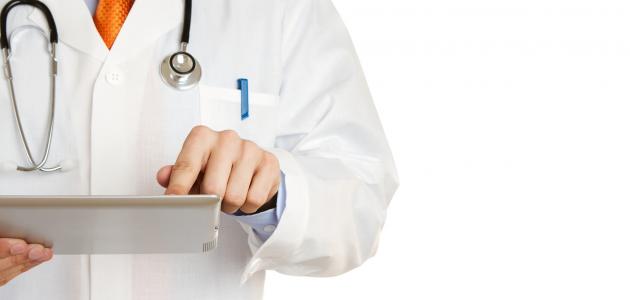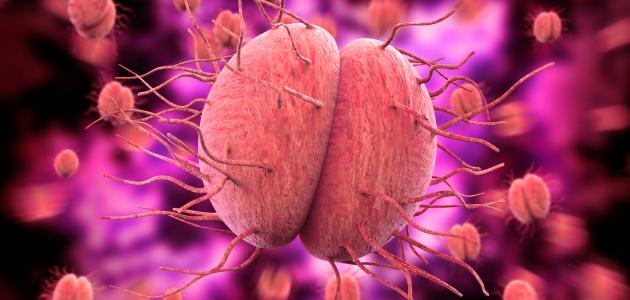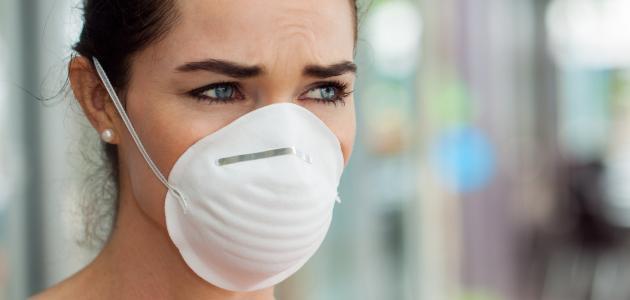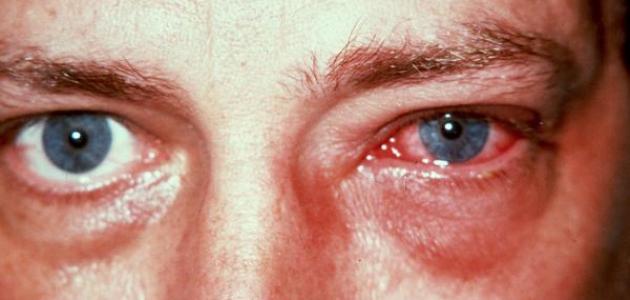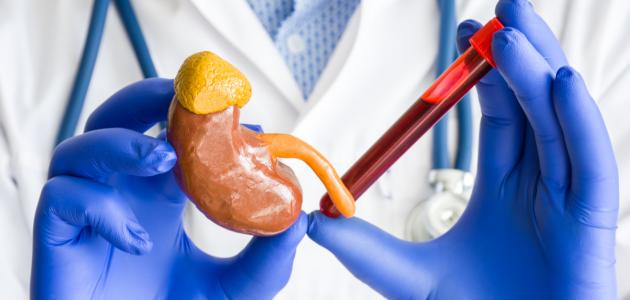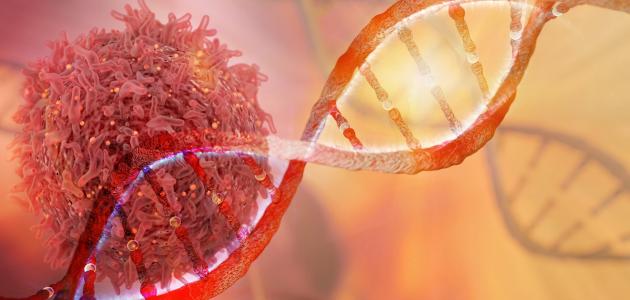Contents
Swine flu
It can be defined as swine flu as a viral infection that appeared in pigs as a result of exposure to the virus , known scientifically as H1N1, which is transmitted to humans , causing respiratory apparatus vigorously strike influenza. [1]
Swine flu treatment
Most cases of influenza, including swine flu, require only symptom relief and control. However, in some cases, the doctor may prescribe additional medications to help with treatment . The treatment options can be classified as follows: [2]
Home remedies
There are some measures that can be taken to help relieve flu symptoms, including the following: [2] [3]
- Get enough rest and sleep to give your immune system the ability to fight viruses.
- Drink enough fluids, such as juices and soups, to prevent dehydration .
- Use over-the-counter pain relievers and fever reducers such as acetaminophen or ibuprofen if you experience muscle pain or have a fever.
Pharmacological treatments
Anti-swine influenza drugs such as zanamivir and Oseltamivir can be used in some cases where the likelihood of the person suffering from the emergence of some complications is high, and then these antibiotics are discharged within 24 to 48 hours from the onset of symptoms, and in fact These antibodies may be exposed to resistance by the viruses intended to eliminate them. To avoid this, the use of these drugs is often restricted to groups that are more vulnerable to complications, and among these groups the following: [2]
- Children under five years old.
- Elderly people aged 65 or over.
- pregnant women.
- People who suffer from obesity , that is, those who have a body mass index of forty or more.
- People who suffer from chronic diseases such as respiratory diseases such as asthma , heart and liver diseases, and others.
- People with human immunodeficiency virus (HIV), or patients who use drugs that weaken their immune system.
Symptoms of swine flu infection
The symptoms of swine flu infection are similar to those of other types of influenza, and often begin to appear after one to three days of exposure to the virus, and among these symptoms are the following: [1]
- Fever, and that sometimes.
- Cough .
- Sore throat.
- Runny or stuffy nose.
- Red eyes.
- Feeling of body aches.
- Headache.
- Feeling tired and general fatigue.
- Diarrhea .
- Nausea and vomiting.
Swine flu diagnosis
Swine flu is diagnosed clinically, and this is done by observing the symptoms and signs that appear on the person, and making sure to know the health history of the patient, including his contact with people suspected of having swine flu, and after that a rapid laboratory examination such as taking a swab from the throat and nose to see if The patient is infected with influenza virus type A or B, and if the test result is positive for type B, then it is unlikely that the patient has swine flu, and if it is positive for type A; This means that the patient may be infected with the usual flu or swine flu, and until swine flu is diagnosed accurately, another laboratory test is performed through which the presence of the antigen produced by the virus is detected. [4]
Complications from swine flu infection
In general, it can be said that 90-95% of people with swine flu recover without suffering from any problems or complications, but there are groups mentioned previously that are more prone to complications, and among these complications: [4]
- Pneumonia , which is the most serious flu complications because it may lead to death.
- Sinusitis .
- Ear infection.
- Exacerbation of chronic diseases such as asthma .
- bronchitis.
Swine flu prevention
To prevent swine flu, the following measures can be taken: [4] [3]
- Take seasonal flu vaccinations.
- Washing hands frequently using soap and water, or using medicinal alcohol, to prevent the transmission of infection from one person to another, as the swine flu virus can be transmitted by touching surfaces contaminated with the virus and then touching the mouth or nose.
- Stay away from crowded areas to avoid transmission of the influenza virus if it spreads in them.
- See a doctor if any of the symptoms of swine flu appear.
- Take the following measures and precautions when infected with swine flu to prevent spreading the infection to others:
- Encouraging patients with swine flu to stay home for 7 days from the onset of symptoms of the disease or until at least 24 hours after symptoms disappear, as the period during which the disease is contagious in adults usually begins one day before symptoms appear and lasts for about five to five Seven days after symptoms appear.
- Using masks to reduce the spread of the virus when coughing or sneezing, and if they are not available, paper tissues can be used to cover the mouth and nose, because the virus is transmitted from one person to another through the air loaded with the infected droplet.
- Taking antivirals as a preventive treatment for close people who live in the same house with a person infected with swine flu in case they are vulnerable to suffering from complications from swine flu, such as the elderly, pregnant women , or people with chronic diseases, and antivirals can be resorted to As a preventive measure in cases of travel to places where swine flu is common, if travelers are at risk of suffering from swine flu complications as well. [5]
- Avoiding pig farms for people most likely to suffer from swine flu complications, in addition to avoiding eating and drinking and bringing baby supplies to areas where pigs are present. [6]
References
- ^ A b Mayo , Clinic Staff (13-8-2015), "Swine Flu ( the H1N1 Flu)" , Www.mayoclinic.org . Edited.
- ^ A b T. Mayo , Clinic Staff (13-8-2015), "Swine Flu ( the H1N1 Flu) Diagnosis & Treatment" , Www.mayoclinic.org . Edited.
- ^ A b Michael Stuart Bronze, MD; Russell W Steele, MD (23-11-2016), “H1N1 Influenza (Swine Flu) Treatment & Management” , emedicine.medscape.com . Edited.
- ^ A b v the Charles , Patrick Davis , , MD, : PhD, "Swine Flu (Swine Influenza A [ the H1N1 And H3N2 )"], Www.medicinenet.com , Retrieved 29-3-2018. Edited.
- ↑ "H1N1 Influenza (Swine Flu) Medication" , emedicine.medscape.com , Retrieved 29-3-2018. Edited.
- ↑ "Take Action to Prevent the Spread of Flu Between Pigs and People" , www.cdc.gov , Retrieved 27-3-2018. Edited.
